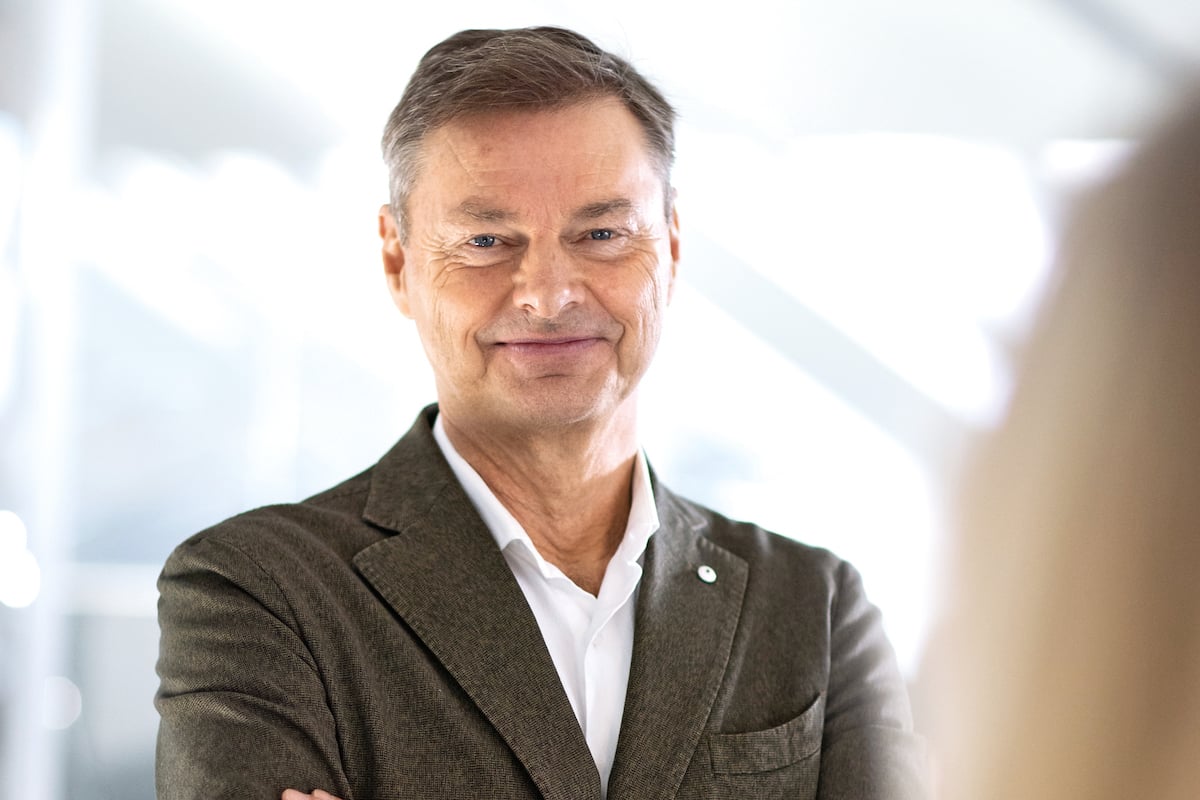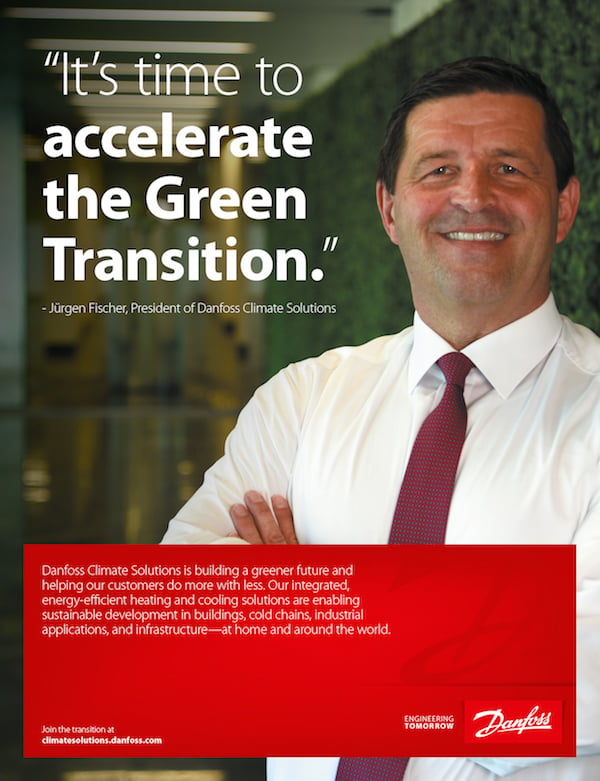Talking to outgoing Beijer Ref CEO Per Bertland is a pleasure. In an age where sustainability and diversity have become obligations, he is a man who is passionate about such things, even giving annual lectures to masters’ students at Lund University.

“Once a year, around 100 students listen to me. I talk to them about Beijer Ref; our acquisitions, strategies and so on, and they never have questions at the end,” he says. “But when I come to sustainability and gender equality, there are lots of questions, more from female students than from the male students.
“Unfortunately, our industry is very male-driven, but when I see all these very skilled, enthusiastic, engaged, motivated female students asking me all these very tough questions, I can assure you it becomes clear that in 10 years, they will become the decision-makers.”
Broadening its workforce is something Beijer Ref takes very seriously, as is its focus on ensuring a sustainable and prosperous future. At the moment, Beijer Ref is working to reduce emissions by replacing existing refrigerators with new greener systems.
“We want to be the best in the industry – a really top-class company in all aspects,” Per insists. “We have hired a new board member, Kerstin Lindvall, from a Swedish supermarket chain, and her special competence is sustainability and environmentally friendly solutions. Companies that don’t embrace these things will not be successful in the future. Of course, this is also the right thing to do.”
If Per sounds like a cool CEO, then maybe it’s because he literally works in a cool industry. It was actually the unrelenting need for cool that drew him to it. Previously working for an investment company with a diversified portfolio, all 20 of its operations were in the red during Sweden’s big financial crisis in the 90s – except for refrigeration wholesaler Kylma, which was still profitable.
We want to be the best in the industry – a really topclass company in all aspects.
“During a crisis, you don’t stop eating,” he points out. “If we hadn’t had Kylma, we wouldn’t have survived.” When Per and two colleagues had the chance to acquire shares in their company as it recovered, they decided to focus on refrigeration businesses.
“We thought if a business can deliver good cash flow and perform during the worst crisis Sweden had gone through in centuries, then this is a business we want to invest our own money in,” he recalls. Now, Per has been with Beijer Ref for more than two decades – 13 as COO and the last nine as CEO. In that time, Per says he’s learned a few lessons about leadership.
“I think there’s a big difference between being a leader and being a boss,” he reflects. “I see myself more as a leader of this group. I’m absolutely convinced that the most important asset we have is our staff.
“We work in a decentralised organisation, where all the important business decisions in each market are made by very, very skilled people. It’s important to have skilled, engaged, motivated staff.”
Last year, Swedish firm EQT Private Equity became the company’s new principal shareholder. After 20 years of continuous and largely organic growth, Per reveals EQT has a more aggressive growth agenda for Beijer Ref. He welcomes the challenge and has five areas of focus in his strategy to achieve that.

“The most important focus area for the company is acquisitions,and we want to speed that up even more than in the past,” he explains. “Another is developing our own production facilities. We have a new factory in Padua, Italy that is creating sustainable, environmentally friendly cooling solutions.”
This ties in with achieving the company’s sustainability goals. To do this, it is also partnering with companies like Danfoss to develop green energy solutions.
“Environmental, social and governance, and corporate social responsibility are a very big focus at Beijer Ref,” Per confirms. The supply chain is also vital, with the company looking at purchasing and logistics options in particular.
“When we can find synergies in purchasing and in logistics, we know that we will have a huge advantage and be a strong player in each market we operate in,” he says. And then like most businesses, digitalisation is on the agenda.
“In 2019, ecommerce was around 1.5% of our total revenues. Now it’s around 9%,” he shares. “Our customers are thinking differently.” Per’s leadership of Beijer Ref is a prime example of how a change of thinking can lead to business success.
Proudly supported by:



